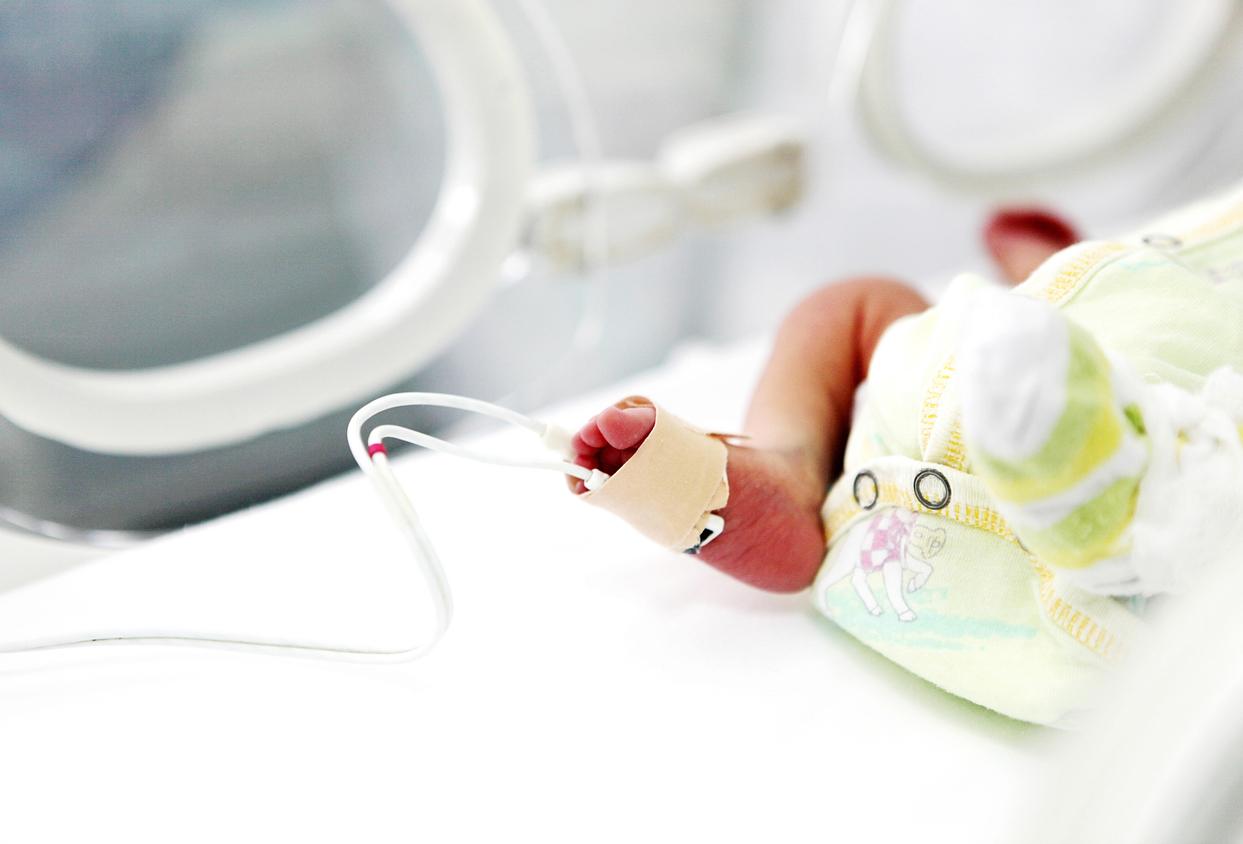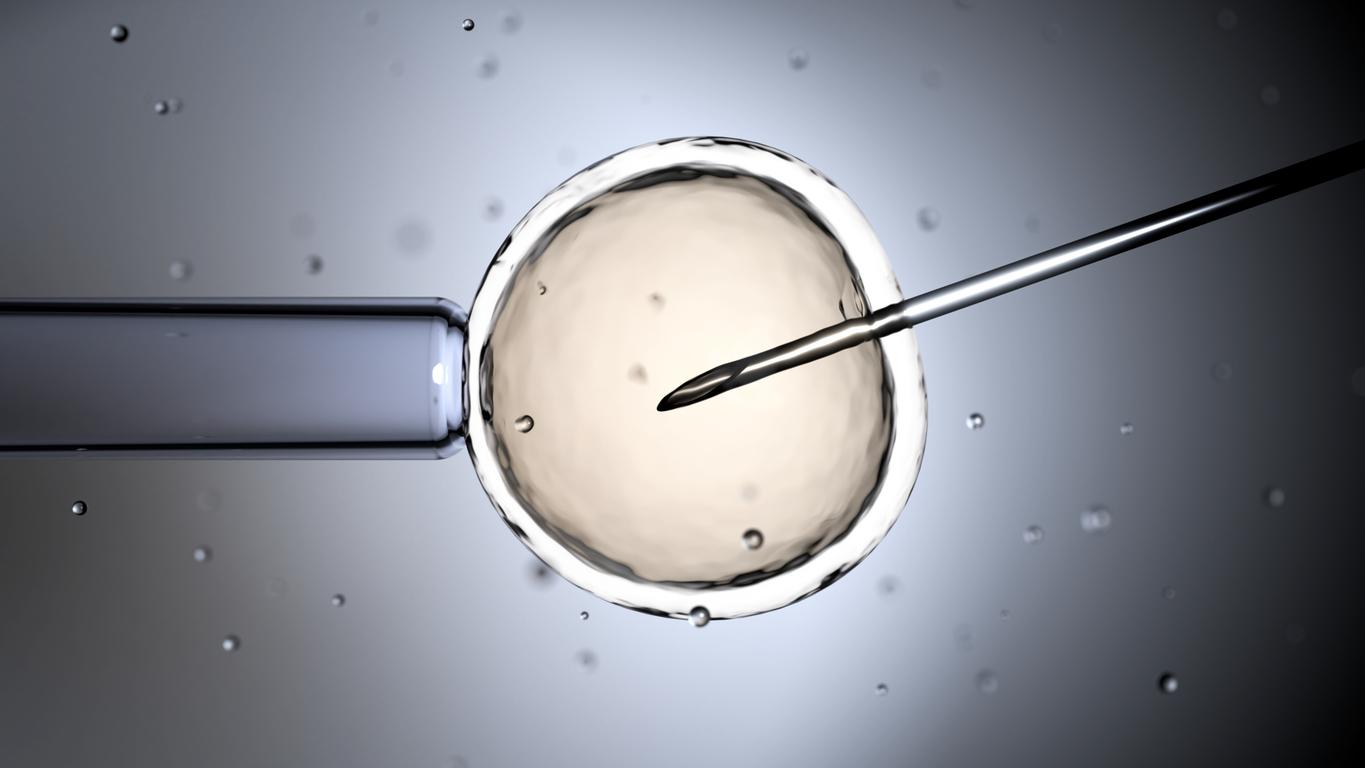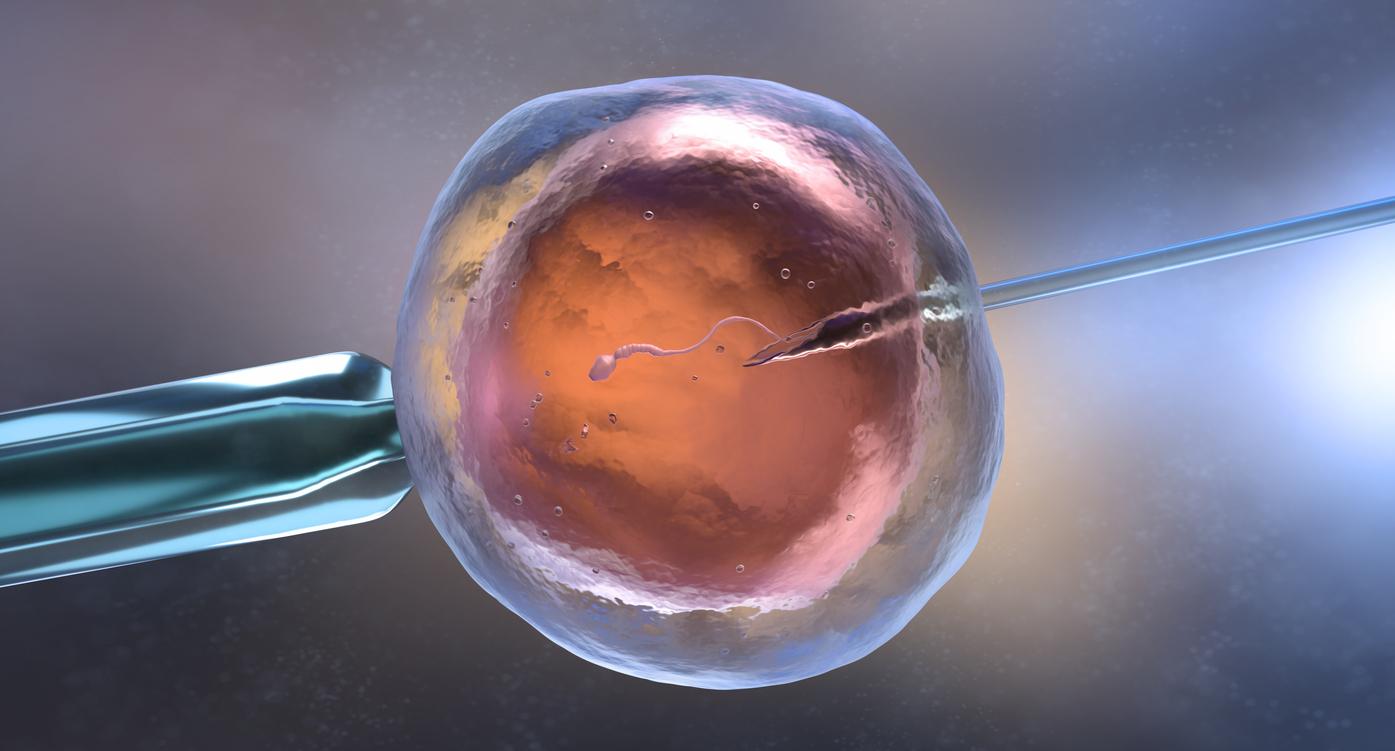Babies conceived through in vitro fertilization (IVF) are 36% more likely to be born with a heart defect, according to a new study.
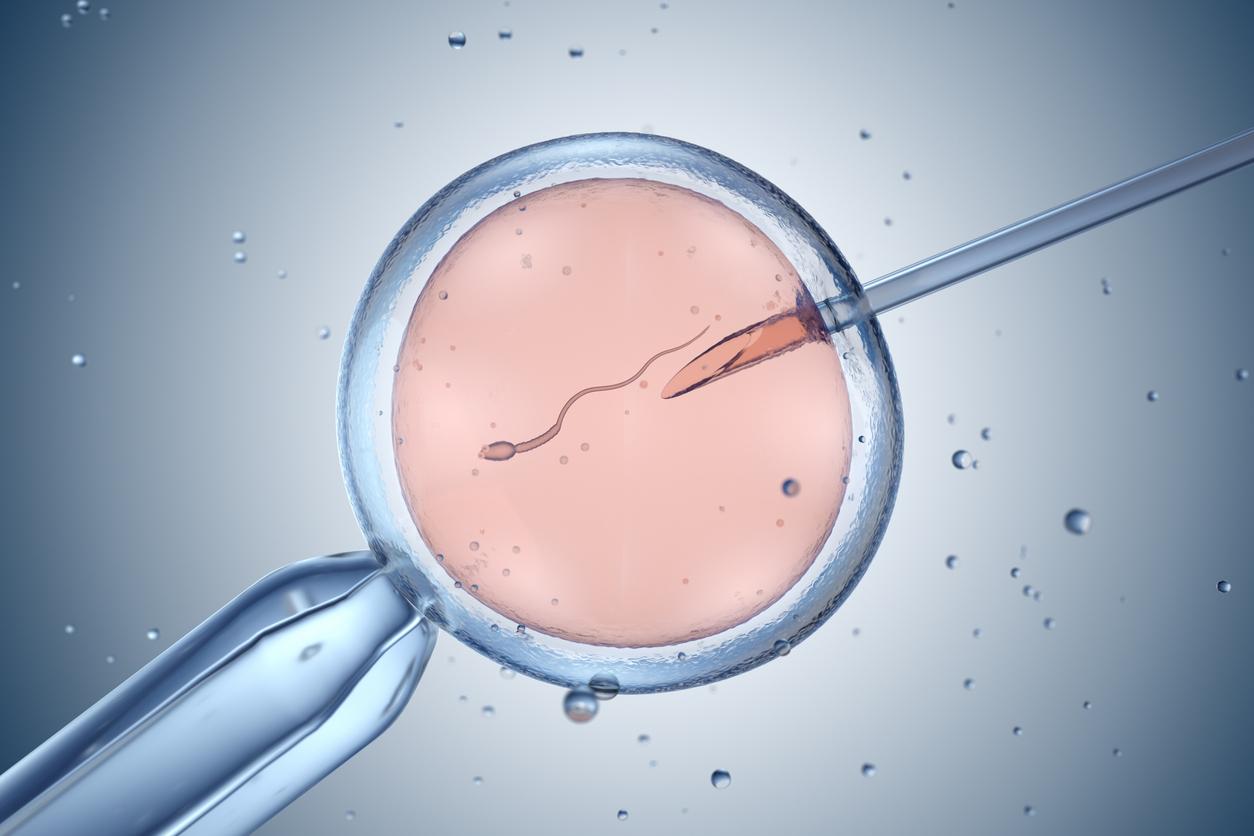
- The risk of being born with a major heart defect is 36% higher in babies who were conceived after assisted reproductive technology.
- The risk is particularly associated with multiple births which are more common in assisted reproduction.
- One hypothesis is that there is a common factor underlying infertility in parents and congenital heart disease in their babies.
On average, in France, one in 30 babies is conceived thanks to medically assisted procreation (AMP). The health of these children is at the heart of many questions. And they do not seem useless in view of the study published in theEuropean Heart Journal, on September 27, 2024.
Researchers have found that these toddlers are more likely to be born with a heart defect.
Medically assisted procreation: babies have 36% more risk
To assess the risks of babies conceived through medically assisted reproduction, the team reviewed the records of all children born living in Denmark (between 1994 and 2014), in Finland (between 1990 and 2014), in Norway (between 1984 and 2015) and in Sweden (from 1987 to 2015). This represents more than 7.7 million births. Researchers identified infants born after assisted reproduction, including IVF, intracytoplasmic sperm injection and embryo freezing. They compared their health with that of naturally conceived babies.
Analyzes show that heart defects were approximately 36% more common in babies born after assisted reproduction. “This risk was similar regardless of the type of assisted reproduction used (IVF or ICSI, fresh or frozen embryos)”specify the authors in their press release. Furthermore, this risk was higher for multiple births resulting from ART.
Heart defects and IVF: identifying children at risk quickly
“The fact that the risk of heart defects is similar regardless of the type of assisted reproduction used may indicate that there is a common factor underlying infertility in parents and congenital heart defects in their babies.”suggests Professor Ulla-Britt Wennerholm of the University of Gothenburg in Sweden.
The lead author uses her study to remind people that congenital heart defects can be extremely serious and generally require essential surgical interventions. So for her,“Knowing which babies are most at risk can help us diagnose heart defects as early as possible and ensure the right care and treatment is given”.
Faced with the increase in the use of ART, the study highlights that health professionals must be vigilant. “We could expect to see an increase in cases of congenital heart defects worldwide”warns the expert.









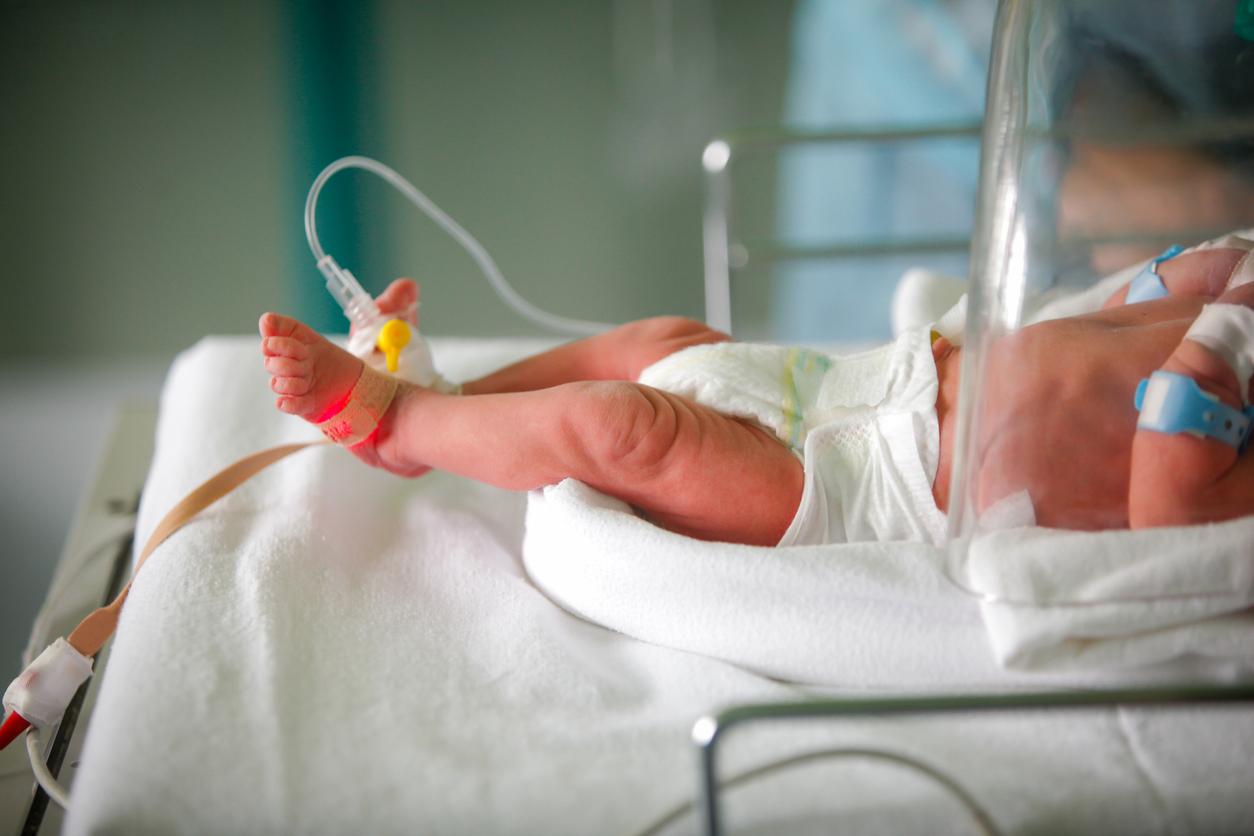


-1739366311.jpg)

